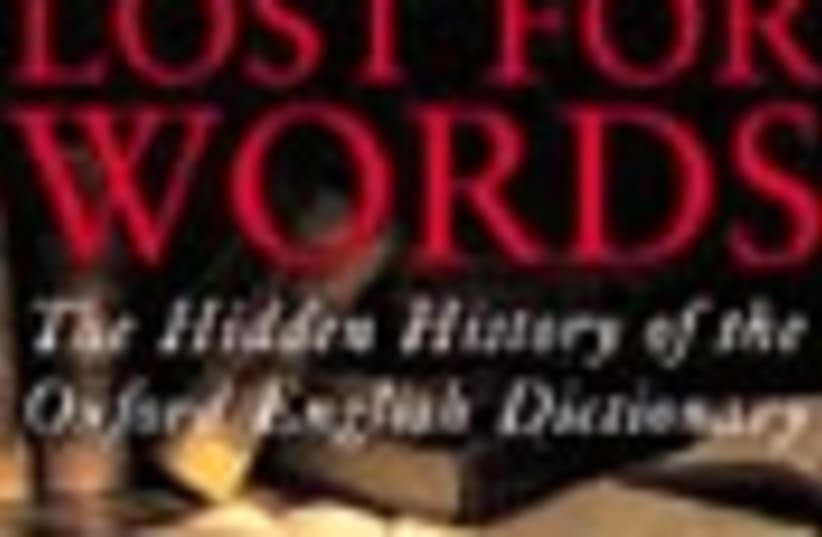| More about: | Japanese language, Afghanistan, Korea, Japan |
Words, words, words
A Fellow of Pembroke College, Oxford, author Lynda Mugglestone, has invested this occasionally arcane account with a great deal of magic and a modicum of quiet hilarity.


| More about: | Japanese language, Afghanistan, Korea, Japan |